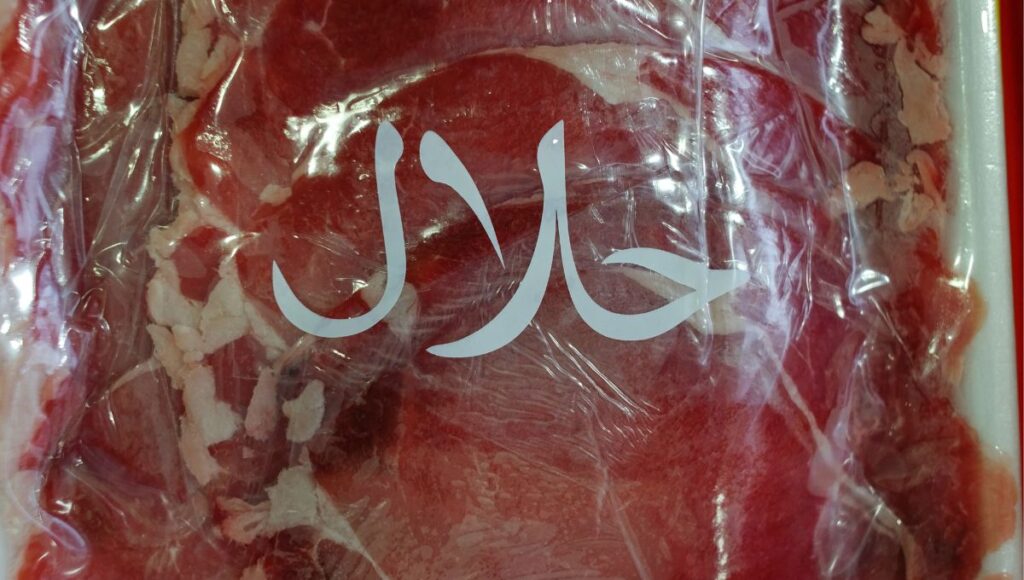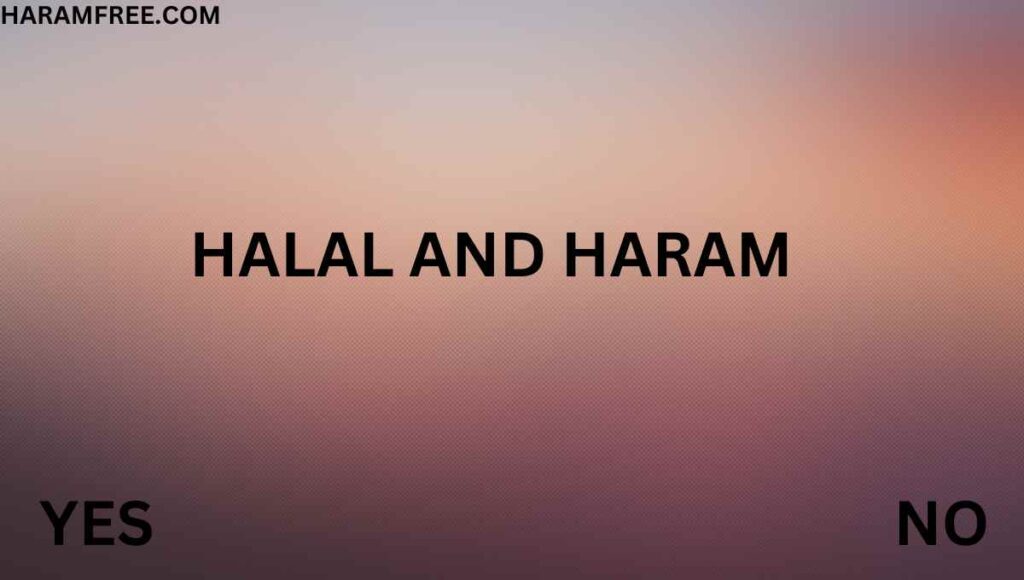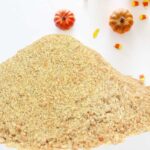Islam teaches Muslims what is permissible and prohibited. Halal and Haram guide dietary laws. Food preparation and consumption follow strict religious guidelines. Believers follow these rules with care. Followers respect the doctrine and influence of Islam. Interpretation of principles shapes what is acceptable in food and life.
What does halal mean?
Halal defines what is allowed in Islamic law, or Shari’ah, and is vital to Muslim morality. The opposite, haram, means prohibited or unacceptable. Islamic followers follow rules based on these concepts in all aspects of human life. Acts are classified as wajib (compulsory), mustahabb (recommended), mubah (neutral) and makruh (allowed but not recommended).
Following these life principles is crucial, and a qualified scholar or mujtahid provides guidance through a fatwa to help the community stick to the proper dietary and legal guidelines.
What Does Haram Mean?
Haram means prohibited and unlawful in Islam. Muslims cannot consume particular foods and drinks. Non-halal meat, like pork and by-products such as bacon, deli meats, ham, and sausage, is forbidden. Islam requires animals to be slaughtered following Islamic guidelines. Blood is not acceptable for consumption as Islam forbids it.
Food made from prohibited animals or containing haram ingredients is also not allowed. Haram includes certain food additives and anything with alcohol. This category contains beverages like beer, spirit wine or any liqueur. Food and drinks must be pure and in line with Islamic principles.
The Concept of Halal & Haram in Islam According to the Quran & Hadith
Allah Almighty mentions in the Quran that certain things are forbidden to Muslims, like dead animals, blood, the flesh of swine, and anything dedicated to other than Allah.
Prophet Muhammad (peace be upon him) said that whatever intoxicates in large quantities, even a small amount, is haram.
This Hadith teaches us to avoid even the smallest amount of anything forbidden.
Differences Between Halal and Haram Foods
Islam guides what food is halal and what is haram. Halal means permissible by Shariah while haram is prohibited by Islamic law. Halal foods include those from halal slaughtered animals while haram foods include pork, bacon, ham, and anything from pigs.

Halal Foods
Most scholars consider seafood like fish, lobster, and crab halal. Deer and horse meat are halal if prepared according to Islamic law. Ice Cream and jam are usually halal but always check the ingredients. Ricotta cheese, cheddar cheese, feta cheese and cream cheese are typically halal if made with halal rennet.
Haram Foods
Most scholars consider alligators and frogs haram. Starburst and Jelly Belly may contain non-halal gelatin, making them haram. Parmesan cheese is often haram due to animal rennet. American cheese is halal if it uses halal rennet, but be cautious about its source.
Conditions of Doing Business According to Islam
Things sold and money offered must be lawfully acquired and clearly specified. Goods should not be sold before obtaining their possession. Trade and traffic in things prohibited by Islam are not allowed. Monopoly and speculative business based on selfish interest are forbidden, as are interest and gambling-like transactions.
The Prophet Muhammad (PBUH) said, “Whoever cheats us is not one of us.”

Fairness in Market Transactions
Goods and commodities should be bought in the open market, with both buyer and seller fully aware of market conditions. Sellers must avoid exploiting any party’s ignorance. This is particularly important in modern practices like dropshipping and determining whether Amazon or Tesla stock is Halal as transparency ensures fairness for all involved.
Avoiding Prohibited Goods in Trade
Trade in things prohibited by Islam is not allowed. Muslim merchants must refrain from selling goods like wine, swine or dead bodies. The sale of unlawful items is forbidden for a devout Muslim.
Conditions of Doing Business According to Islam
Islam requires businesses to follow Halal principles. Food must be prepared clean, hygienic, and free from impure or unclean substances.
- Halal items come from pure sources.
- Meat must follow specific procedures.
- Pork, alcohol, and by-products from carnivorous animals are Haram.
- Food must be stored without unclean substances.
- Muslims are encouraged to follow Islamic law to avoid sin.
The Principles of “Halal” Standard in Textile and Clothes
Halal standards in textiles and clothes follow Islamic laws. Clothes should be made from Halal materials. Unclean materials, Haram animals and Najis substances are avoided. Men and women should wear modest clothes that meet Islamic requirements.
Gold and silk products like golden buttons or golden glasses are prohibited for men. Clothes made from Haram animals or unclean components are not acceptable. Even washing of clothes must ensure cleanliness.
“Purity in every thread is the essence of Halal clothing.”
Key Elements:
- Clothes free from Haram animals.
- Garments made with Halal materials.
- Avoid unclean materials in textiles.
Clothing Rules:
- Men avoid gold and silk.
- Women follow Islamic modesty.
- Garments meet Shariah standards.
Materials to Avoid:
- Haram components in clothes.
- Leather from non-Halal animals.
- Najis or unclean materials.
Signs of Prohibited Items:
- Unbelievers’ symbols on clothes.
- Pigeons are linked to Haram groups.
- Brands promoting un-Islamic values.
Conclusion
Halal and Haram guide Islam by defining food and daily actions. These rules ensure both spiritual and physical purity. Muslims follow them to keep their faith and well-being strong. These rules encourage healthy eating habits and support the immune system, showing a strong connection between beliefs, values and physical well-being. Non-Muslims can also appreciate ensuring safe and healthy living through these practices.
FAQ’s
Are games halal or haram in Islam?
Video games can be permissible if they don’t stop you from obligatory duties like prayer or honoring your parents. But games that promote violence or immorality are haram. Choose games that include positive elements and don’t interfere with faith.
Is music halal or haram in Islam?
Music in Islam is debated with some considering musical instruments and singing as haram while others see music as halal if it aligns with Islamic values.
Islamic banks avoid using Murabaha for halal trade. Digital technology is halal if it respects Islamic law and faith boundaries.






